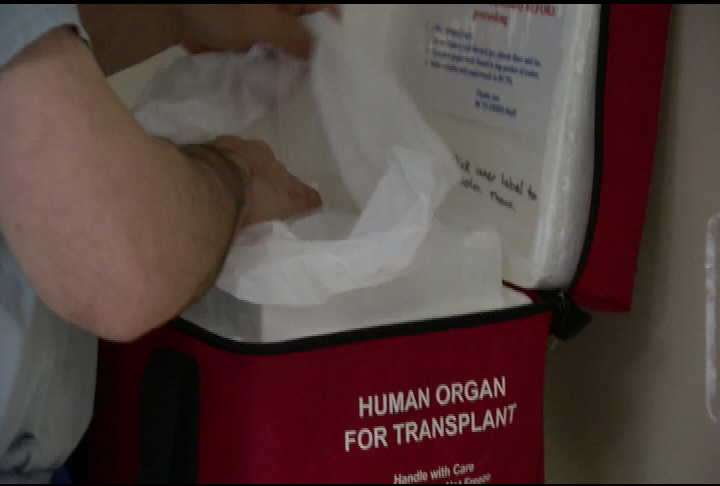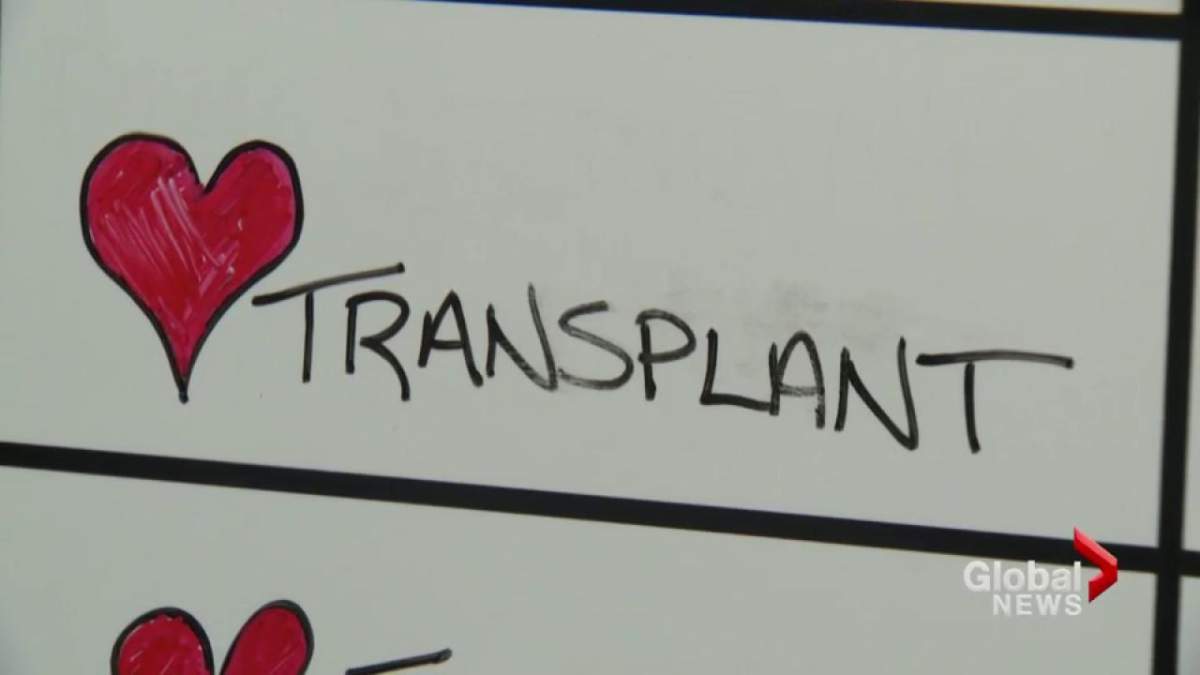With Nova Scotia the first province in Canada set to introduce a system of presumed consent for organ donation, some Manitoba advocates are hoping for this province to take a similar route.

MLA Steven Fletcher – who unsuccessfully brought this issue to the legislature back in 2017 – told 680 CJOB that he doesn’t buy the arguments against presumed consent, which would still allow people to opt out if they don’t want to donate their organs after death.
“There’s a couple of reasons why (it didn’t pass in 2017),” he said. “Some MLAs felt it was against their religious beliefs… but all the major religions are supportive of organ donation, so I never understood that argument.
“Some people say, ‘I have control over my body and I don’t want it’, and that’s fine, that would be an opt-out situation.
“The individual autonomy is very important… but on the flipside, the public good is so substantial.
“What’s the worth thing that can happen. The worst thing is that someone’s life is saved.”
Fletcher said he first became passionate about the near-death experience he had at 23, an accident that left him in a wheelchair.
“I almost died. I didn’t, but if I did, I wasn’t responsible enough to sign my organ card, my family was a wreck – it would’ve been a waste of a healthy young body that would’ve saved a lot of lives.

Get weekly health news
“What’s more Canadian than helping people you don’t know?”
Fletcher isn’t the only Manitoban passionate about the issue. A Winnipeg woman who was the recipient of a lifesaving heart transplant more than five years ago said she’d like to see others benefit from organ donation the way she has.
“I think it’s pretty remarkable,” said Kristin Millar.
“I can understand first-hand the impact of organ donation in my own life, and I think that anything that can enable more people to get the gift that I’ve gotten – and still give people full power and full consent to make their own decision with what’s done with their organs – can be a really good thing.”
Millar told 680 CJOB her organ donation story was unusual in that she wasn’t sick, and was only 26 years old. She thought she had caught the flu, but it ended up being heart failure. After spending a few years with a batter-powered pump, she finally had her transplant.
“I was a really hard match. I was on the list for two years, and at that point, lots of your life has to go on pause,” she said.
“I was really motivated to be as healthy as I could, but you still can’t have the freedom that I would have had with a heart.”
Millar said she’s been healthy and hasn’t spent a night in hospital since her transplant, but the biggest impact was when she connected with her donor’s family directly.
“Knowing they’d made this decision… their decision to donate their loved one’s organs at the worst time of their lives – that had a huge impact on my life.
Being able to say thank you directly, there’s no bigger thing you can have.”
WATCH: Here’s why organ donation is so important to consider










Comments